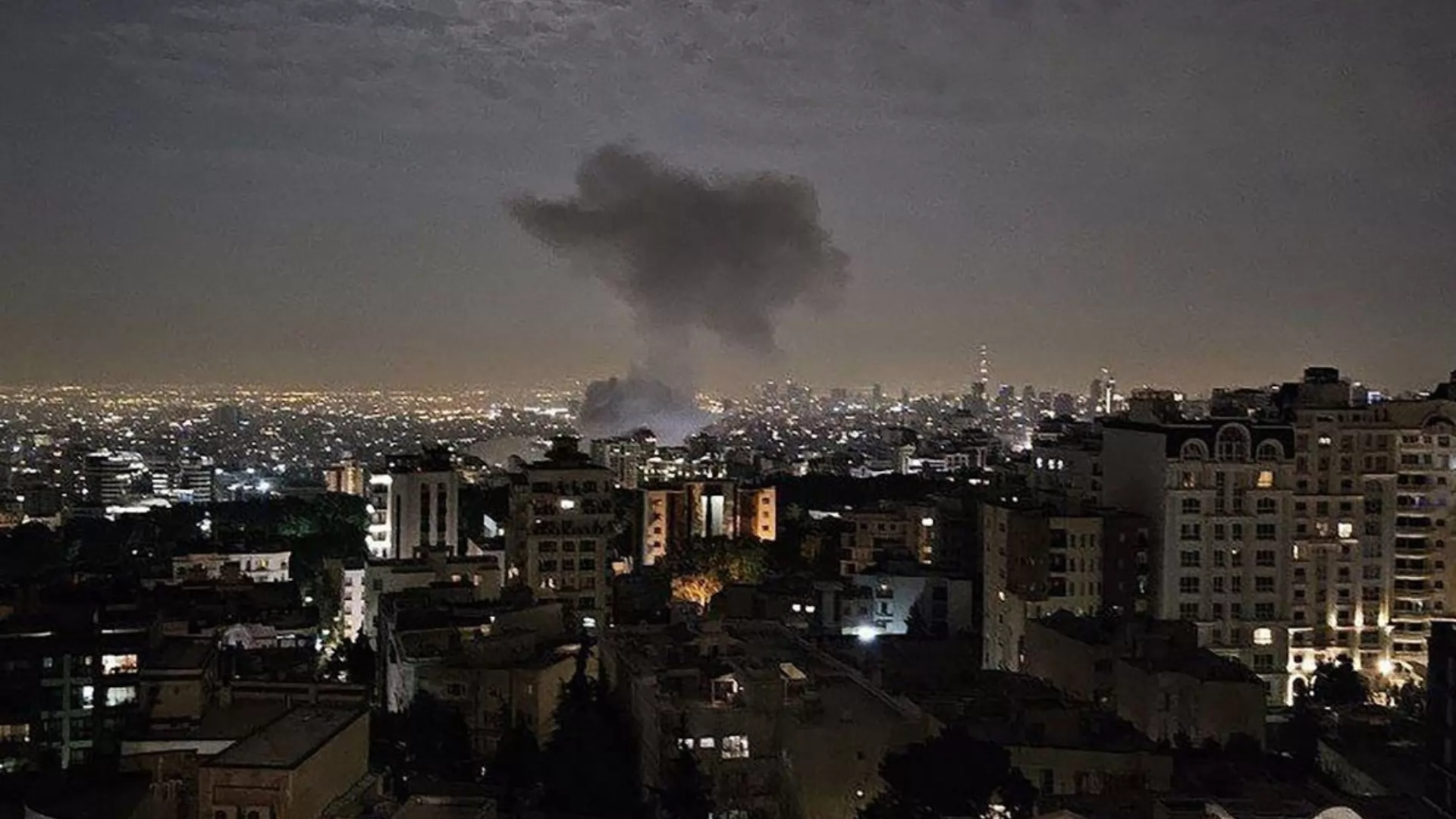
News Update
Purbaya Gives Ministries 16-Day Deadline to Finalize Budget
/index.php
Teknologi Terkini - Posted on 14 June 2025 Reading time 5 minutes

Asian stock markets came under sharp pressure in early Friday trading, following the escalation of conflict in the Middle East after Israel launched a large-scale military strike against Iran. The geopolitical tension immediately rattled global investor sentiment, prompting a flight to safe-haven assets such as gold and the Swiss franc.
Israel's military operation, dubbed “Operation Rising Lion,” reportedly targeted several strategic locations in Iran, including nuclear facilities and missile centers, and killed senior Islamic Revolutionary Guard Corps (IRGC) commander General Hossein Salami, according to international outlets including Reuters and The Star.
The impact was immediately felt across regional markets. Japan’s Nikkei index fell by 1.2%, South Korea’s Kospi dropped 1.1%, and Hong Kong’s Hang Seng declined by 0.8%. These corrections reflect investor concerns over the potential expansion of the conflict and its implications for global supply chains.
Meanwhile, U.S. futures markets were also affected. The S&P E-mini futures fell 1.7%, Nasdaq futures dropped 1.8%, and Europe’s STOXX 50 index slipped 1.6%, as reported by Reuters.
The geopolitical turmoil also triggered a spike in commodity prices. Brent crude oil jumped nearly 9% to US$75.36 per barrel, while WTI rose to US$74.20 per barrel. Gold prices strengthened by 1.5%, nearing recent highs amid a surge in demand for inflation-hedging assets.
In currency markets, the Swiss franc and Japanese yen posted significant gains, reflecting a broad investor shift toward perceived safe havens. The yield on 10-year U.S. Treasury bonds fell to a one-month low of 4.31%, indicating rising demand for lower-risk instruments.
Indian markets were not spared from the downturn. The Sensex index dropped over 1,100 points, while the Nifty slipped below the 24,650 level, pressured by concerns over rising oil prices and broader global headwinds.
However, several analysts believe the sell-off may be temporary. Xu Tiachen of the Economist Intelligence Unit noted that Asia’s direct exposure to armed conflict remains limited, and strategic trade relations with Middle Eastern nations such as Saudi Arabia and the UAE could help support a near-term market recovery.
The Israeli strike on Iran has triggered a wave of global concern, as reflected in the sharp correction in Asian stock markets, surging oil prices, and increased demand for safe-haven assets. While the possibility of a recovery remains, markets continue to face heightened geopolitical uncertainty. Market participants are urged to remain vigilant amid the risk of further escalation.
What do you think about this topic? Tell us what you think. Don't forget to follow Digivestasi's Instagram, TikTok, Youtube accounts to keep you updated with the latest information about economics, finance, digital technology and digital asset investment.
DISCLAIMER
All information contained on our website is summarized from reliable sources and published in good faith and for the purpose of providing general information only. Any action taken by readers on information from this site is their own responsibility.